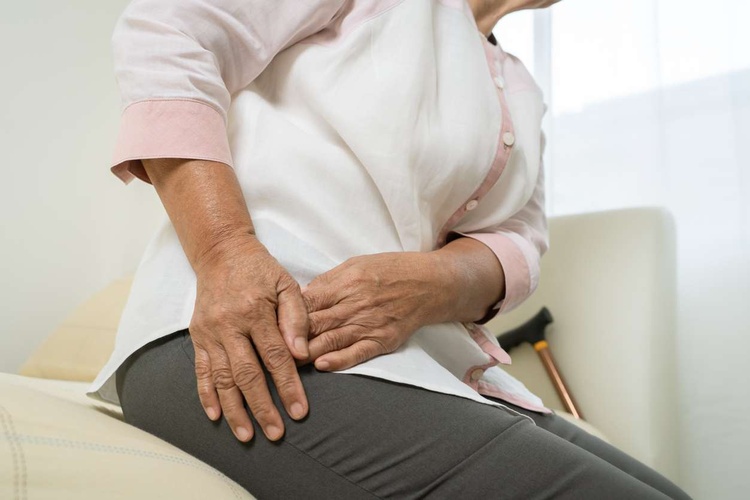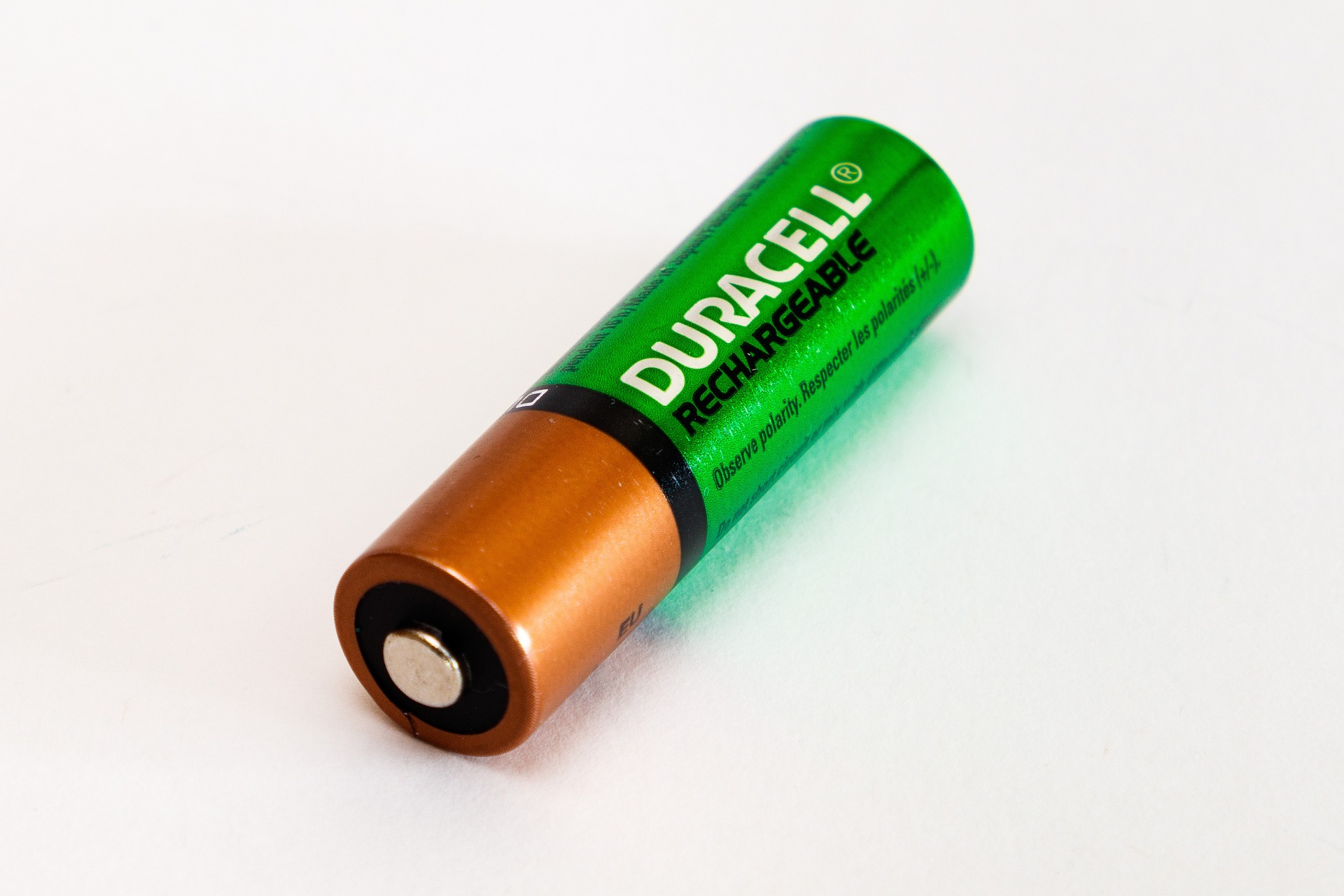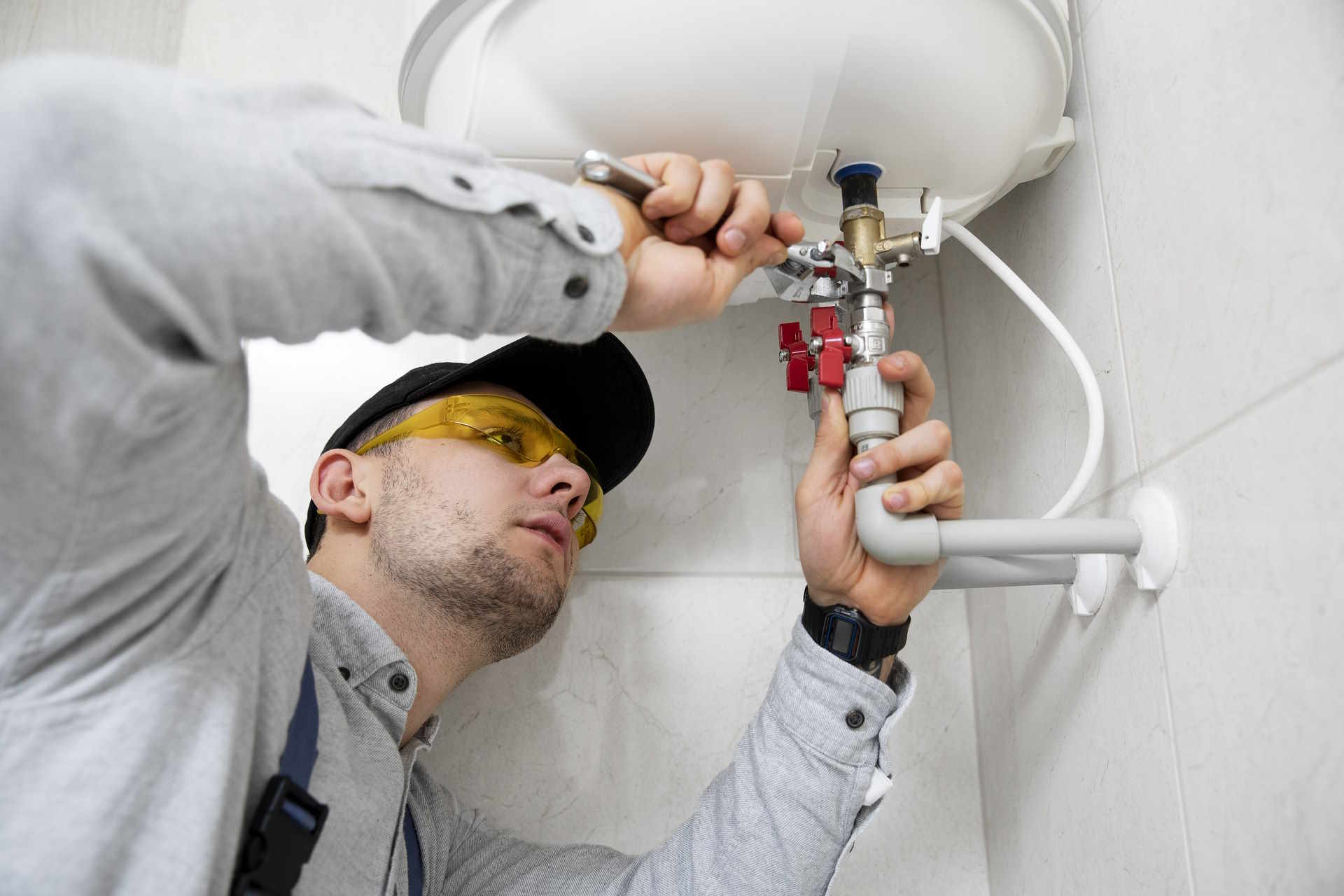Modern Oxygen Support: A Guide to Portable Concentrators
Portable oxygen concentrators (POCs) have revolutionized oxygen therapy, offering freedom and mobility to those requiring supplemental oxygen. These compact devices extract oxygen from ambient air, providing a reliable and portable solution for maintaining healthy oxygen levels while enabling an active lifestyle.

What is a Portable Oxygen Concentrator?
A portable oxygen concentrator is a compact medical device designed to provide supplemental oxygen to individuals with respiratory conditions. Unlike traditional oxygen tanks, POCs draw in ambient air, remove nitrogen, and deliver concentrated oxygen to the user. These devices are battery-powered and can be easily carried or wheeled around, allowing users to maintain their independence and mobility while receiving necessary oxygen therapy.
How Do Portable Oxygen Concentrators Work?
Portable oxygen concentrators operate using a process called pressure swing adsorption (PSA). This technology involves filtering and compressing ambient air to remove nitrogen and other gases, leaving behind concentrated oxygen. The device then delivers this purified oxygen to the user through a nasal cannula or mask. POCs typically offer adjustable flow settings, allowing users to customize their oxygen intake based on their prescribed needs and activity levels.
What Are the Benefits of Using a Portable Oxygen Concentrator?
The advantages of using a portable oxygen concentrator are numerous. Firstly, POCs offer unparalleled mobility and freedom compared to traditional oxygen tanks. Users can easily travel, run errands, or engage in social activities without the burden of heavy tanks. Secondly, these devices eliminate the need for regular oxygen tank refills, reducing both cost and logistical challenges. Additionally, POCs are generally safer than compressed oxygen tanks, as they don’t pose the same risk of leaks or explosions.
Who Can Benefit from a Portable Oxygen Concentrator?
Portable oxygen concentrators are suitable for individuals with various respiratory conditions, including Chronic Obstructive Pulmonary Disease (COPD), pulmonary fibrosis, cystic fibrosis, and sleep apnea. They are particularly beneficial for patients who lead active lifestyles, travel frequently, or simply wish to maintain their independence while receiving oxygen therapy. However, it’s essential to consult with a healthcare professional to determine if a POC is appropriate for your specific medical needs and oxygen requirements.
What Features Should You Consider When Choosing a POC?
When selecting a portable oxygen concentrator, several key features should be taken into account. In the United Kingdom, patients have access to a range of POC models, each with unique characteristics. Consider the device’s weight and size, as this will affect its portability. Battery life is crucial, especially for those who plan to use the POC for extended periods away from power sources. Oxygen output and flow settings are also important factors, as they must match your prescribed oxygen needs. Additionally, look for features such as quiet operation, user-friendly controls, and compatibility with various power sources.
How Much Do Portable Oxygen Concentrators Cost?
The cost of portable oxygen concentrators can vary significantly based on the model, features, and whether you choose to purchase or rent the device. In the United Kingdom, prices for POCs typically range from £1,500 to £3,500 for purchase. However, many patients opt for rental options, which can cost between £150 to £300 per month. It’s important to note that some POCs may be covered by the National Health Service (NHS) or private insurance, depending on your specific circumstances and medical needs.
| Provider | Model | Purchase Price (£) | Monthly Rental (£) |
|---|---|---|---|
| Inogen | One G5 | 2,795 | 225 |
| Philips | SimplyGo | 2,495 | 195 |
| ResMed | Mobi | 2,195 | 175 |
| Invacare | Platinum Mobile | 2,395 | 185 |
Prices, rates, or cost estimates mentioned in this article are based on the latest available information but may change over time. Independent research is advised before making financial decisions.
In conclusion, portable oxygen concentrators have transformed the landscape of oxygen therapy, offering users greater freedom, convenience, and quality of life. By understanding the basics of POCs, their benefits, and key considerations, patients in the United Kingdom can make informed decisions about incorporating these devices into their oxygen therapy regimen. As technology continues to advance, we can expect even more innovative and user-friendly portable oxygen solutions in the future.
This article is for informational purposes only and should not be considered medical advice. Please consult a qualified healthcare professional for personalized guidance and treatment.




